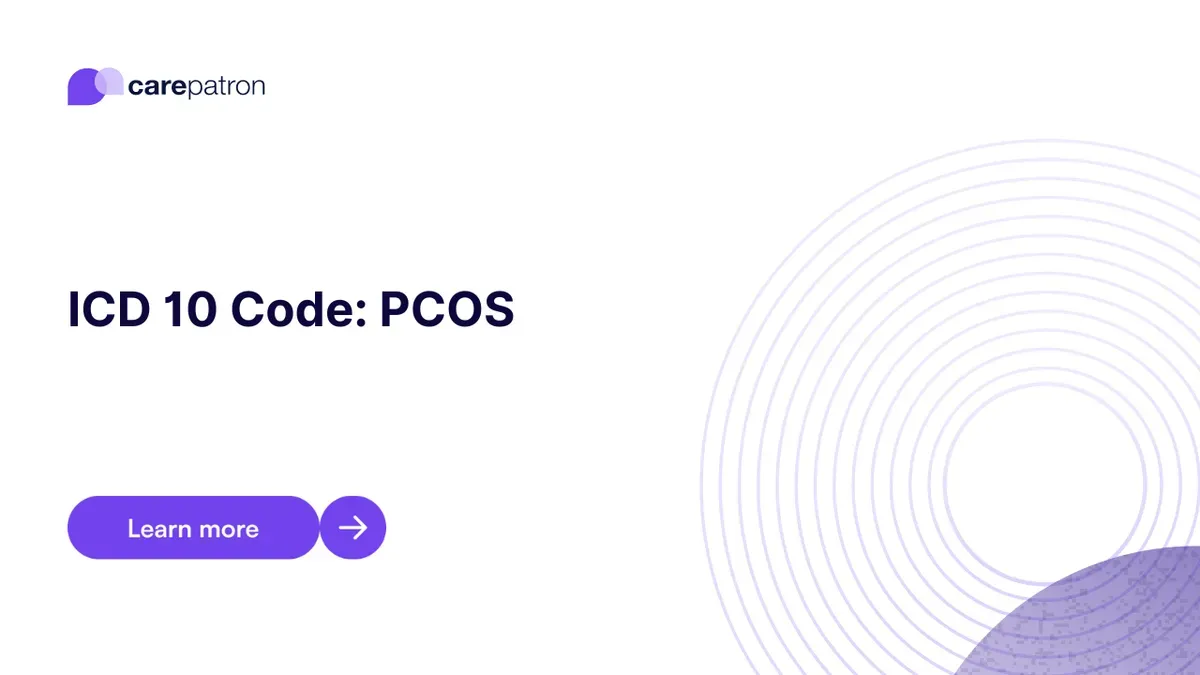
Commonly asked questions
No. The two we mentioned earlier are the only two as of now.
Healthcare professionals will ask about a female patient’s personal and family medical history; check their weight; check their blood pressure; and conduct physical and pelvic examinations (including pelvic ultrasounds).
Some professionals will recommend taking certain medications or giving patients an injection of gonadotropins. They might recommend surgery to help restore a patient’s ovulation. Some will recommend IVF (in vitro fertilization).
EHR and practice management software
Get started for free
*No credit card required
Free
$0/usd
Unlimited clients
Telehealth
1GB of storage
Client portal text
Automated billing and online payments
